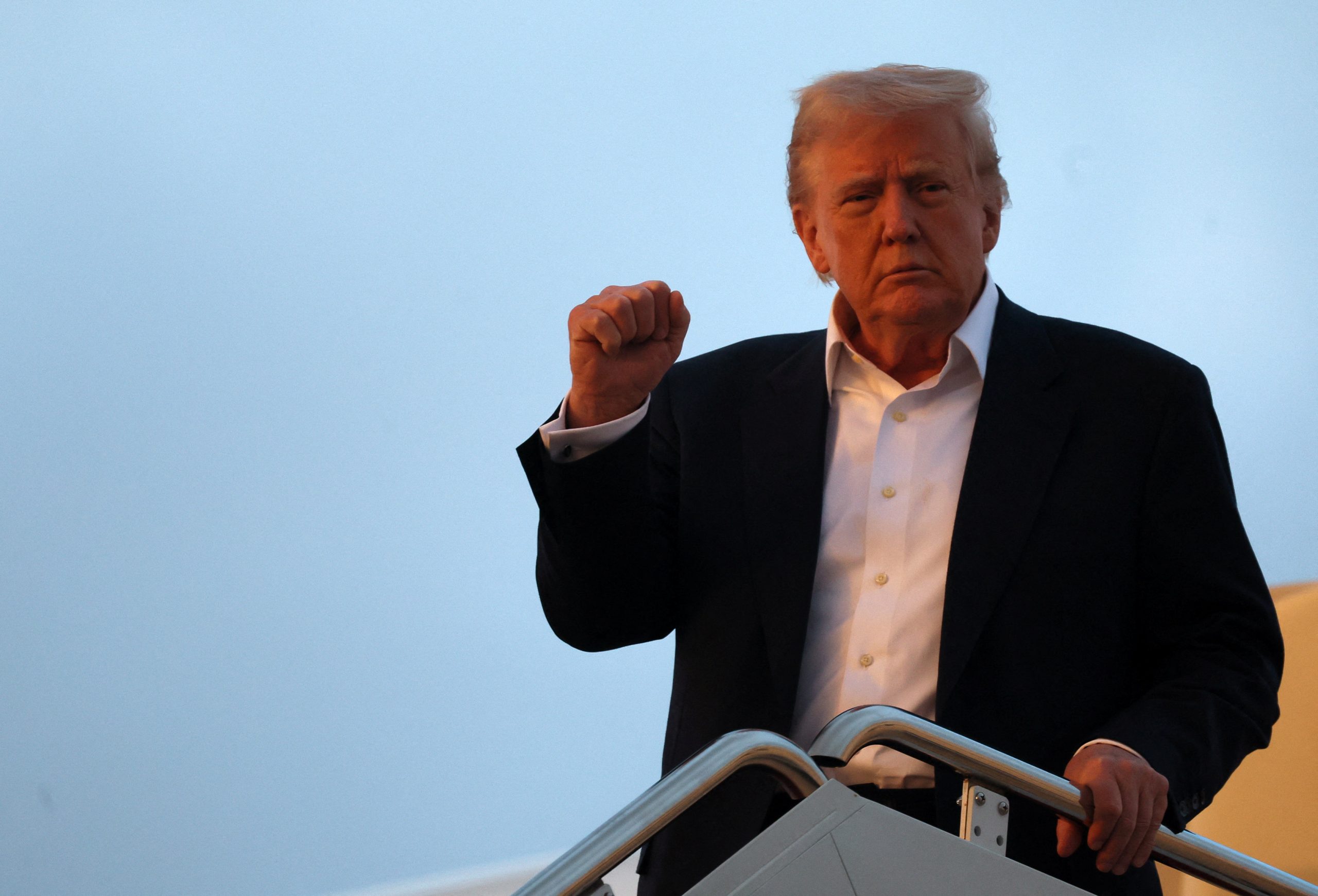In early May 2025, President Donald Trump proposed imposing a 100% tariff on foreign-made films imported into the US. This move has sparked widespread opposition from various quarters in the US.
The Flawed Justification
Trump claimed that the US movie industry is “DYING a very fast death” due to other countries offering incentives to draw filmmaking away from the US. He further argued that this trend poses a “national security threat” as foreign-made films could involve “messaging and propaganda”. However, these assertions are highly questionable. According to the Motion Picture Association, the US film industry actually has a positive balance of trade in every major market, with exports 3.1 times that of imports. In 2023, American films generated $22.6 billion in exports and a $15.3 billion trade surplus. This indicates that the US film industry is far from being “destroyed” and is in fact a thriving part of the economy.
Practical Challenges and Uncertainties
Implementing a tariff on films is not straightforward. Films are intellectual property and a form of service, not physical goods, making it unclear how such a tariff could be applied. For example, it is uncertain whether the tariff would apply to films with only some scenes shot abroad or to streaming-only productions. This lack of clarity has created confusion and anxiety among studios, distributors, and theater owners.
Industry Opposition
Many industry leaders and experts have criticized Trump’s proposal as “insane”. The International Alliance of Theatrical Stage Employees, representing behind-the-scenes entertainment workers, acknowledged the threat from international competition but recommended implementing a federal production tax incentive instead of tariffs. Major Hollywood studios, which rely on overseas incentives to reduce production costs, are also concerned that the tariff could limit their options and increase costs.
Potential Economic Backlash
If the tariff were to be implemented, it could lead to a significant increase in the cost of making movies. This could put filmmakers in a difficult position, much like other industries affected by ongoing trade wars. Moreover, potential retaliation from other countries could result in billions of dollars in lost earnings and thousands of jobs. For instance, popular films like the “Harry Potter” series, which were shot primarily in the UK, would have seen their production costs double under this proposed tariff.
Public Skepticism
The public is also skeptical of Trump’s claims. Many Americans view the movie industry as a source of national pride and a thriving economic sector. They question the logic of imposing tariffs that could disrupt this successful industry. Additionally, consumers are concerned that the tariff could lead to higher ticket prices for foreign films.
In conclusion, Trump’s proposed movie tariffs are based on flawed assumptions and face numerous practical challenges. The widespread opposition from the industry and the public highlights the potential negative impact on the US film industry and the broader economy.

